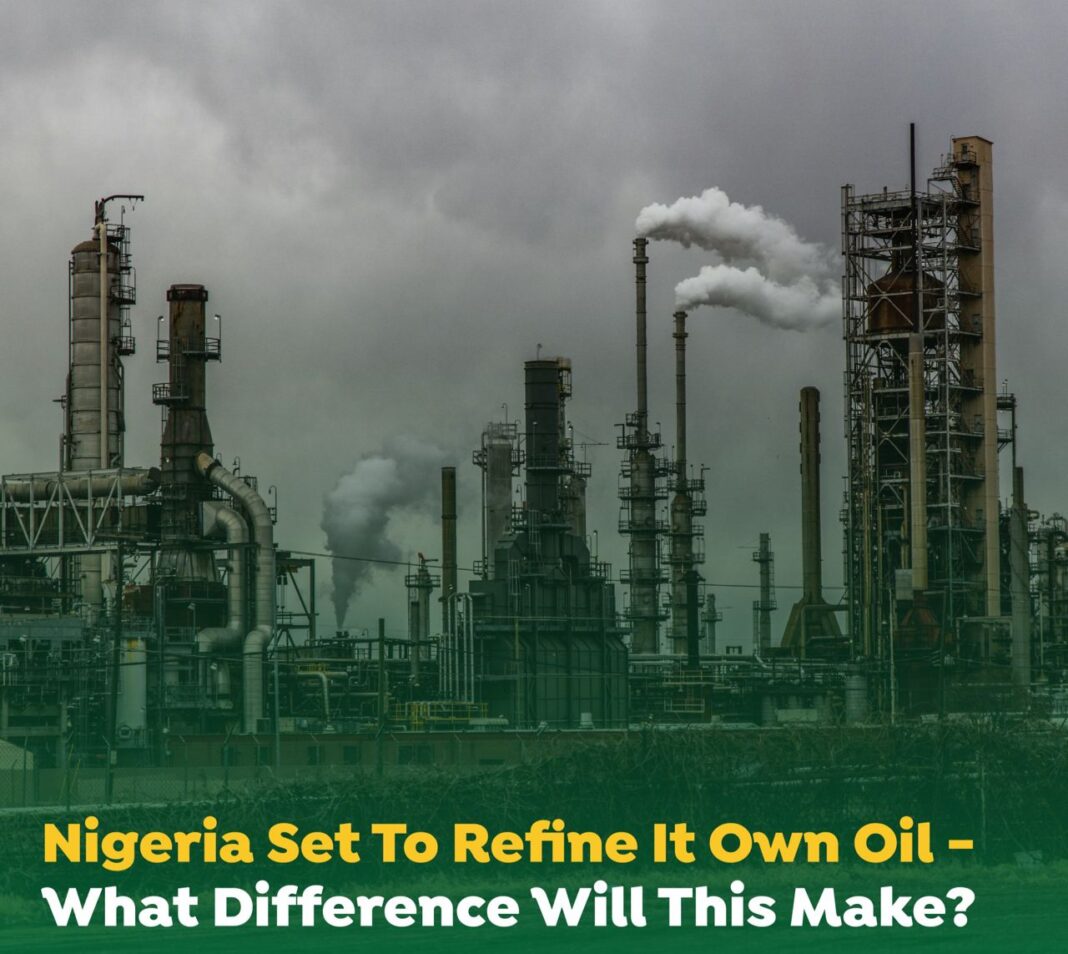Nigeria is poised to shake off its reputation as a major oil producer reliant on imported refined petroleum products, marking a significant shift after years of false starts. Despite being Africa’s largest economy, the country, as the only OPEC member, relies on imports to satisfy 90% of its domestic refined petroleum needs.
This narrative is set to transform with the rehabilitation of the government-owned Port Harcourt Refinery and the emergence of the Dangote Refinery, a private venture spearheaded by billionaire tycoon Aliko Dangote.
Mele Kyari, the Group Managing Director of the Nigerian National Petroleum Company Limited (NNPCL), announced that the Port Harcourt Refinery is slated to resume operations in April, following extensive mechanical refurbishments. Additionally, the refinery has received over 450,000 barrels of crude from the Bonny Oil and Gas Terminal, underscoring its historical significance as Nigeria’s oldest refinery, established in 1965.
On the other hand, the expansive Dangote refinery, reputedly the world’s largest single-train refinery, boasts a capacity of 650,000 barrels per day, poised to satisfy Nigeria’s entire domestic demand for gasoline, diesel, kerosene, and aviation jet fuel once fully operational. While operational commencement is imminent, the refinery has already commenced refining operations with crude supplied by NNPCL and other sources.
The collective output of both refineries promises to revolutionize Nigeria’s oil sector, diversifying the sources of refined petroleum products and conserving foreign exchange reserves previously expended on imports.
Joe Nwakwe, former President of the Nigeria Society of Petroleum Engineers, highlights the adverse effects of exporting crude while importing fuel, underscoring the need to retain jobs and preserve scarce foreign exchange reserves.
The significance of job retention cannot be overstated. The absence of local refining has deprived Nigerian professionals of employment opportunities, perpetuating job creation challenges in a country grappling with a surplus of certified individuals.
Furthermore, the anticipated impact on petrol prices remains a subject of debate. Adetunji Oyebanji, ex-president of the Major Oil Marketers Association of Nigeria (MOMAN), suggests that a potential reduction in petrol prices hinges on various factors, including the commencement of local gasoline production and the currency in which crude payments are made.
- Ultimately, the emergence of local refineries is expected to ensure stable fuel supply, alleviating perennial scarcity issues and mitigating the prevalence of substandard products peddled in the black market.







